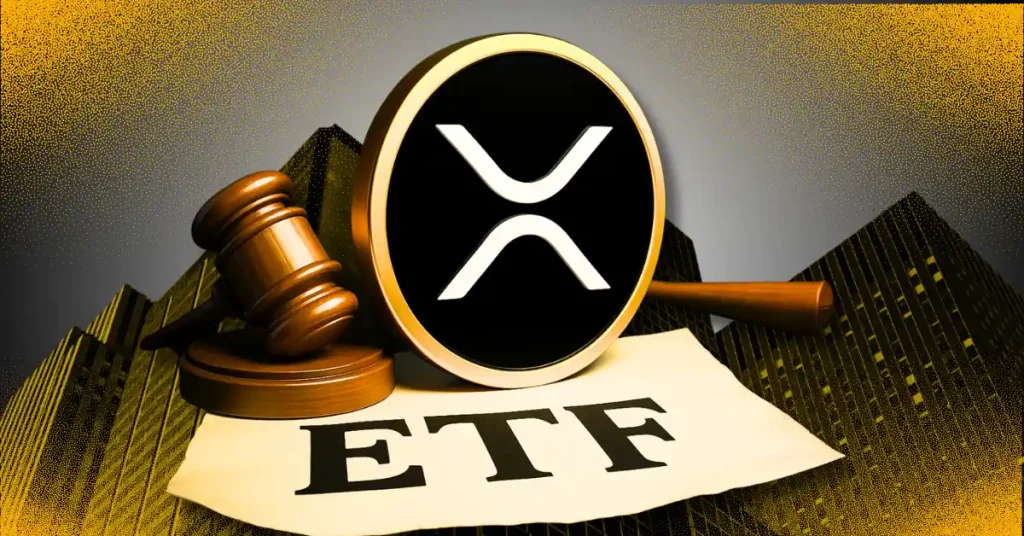
Virtual currency corporate tax rules
On the 20th, the National Tax Agency of Japan published a question and answer example regarding the valuation of the end-of-term market value of crypto assets (virtual currencies) under the corporate tax law.
Relation: National Tax Agency presents important guidelines for taxation of NFT transactions such as blockchain games
This information was created based on the laws and regulations as of January 1, 2023. Regarding the partial revision of the rules on corporate taxation of crypto assets, it is still at the stage of being described in the “Outline of Tax Reform” for FY2023, and neither the content nor the enforcement of the bill has been decided.
On the other hand, Junya Izumi, an associate professor at Chiba University of Commerce who is familiar with the taxation of crypto assets, believes that “disclosing information at this timing means that the content of the bill may have been almost finalized.”
The revision of the year-end mark-to-market taxation was only written in the tax system reform outline, but does the fact that this information is announced at this timing mean that the content of the bill is almost fixed?
I don’t think the National Tax Agency, which is an administrative body, will go out of their way to announce something that conflicts with the bill currently being drafted by the tax bureau, which is in charge of drafting the bill.
— Junya IZUMI/Crypto tax researcher (@taxlaw17) January 20, 2023
Relation: Revision of income tax notice, what will happen to expenses that can be recorded as expenses for crypto asset income? | Contribution: Ayaya Izumi
The 2023 tax reform outline included a partial review of the corporate tax rules imposed on companies that hold crypto assets. Until now, if a company owns crypto assets, the rule was to tax unrealized gains at the end of the term, but if the requirements stipulated by law are met, the tax can be exempted.
Relation: Next fiscal year’s tax reform, partial review of virtual currency corporate tax rules
In this question-and-answer example, the question “Our company owns crypto assets at the end of the fiscal year, but is it necessary to do something at the end of the fiscal year?” The answer is as follows.
For crypto-assets with an active market that the corporation owns at the end of the fiscal year, the amount evaluated by the market value method must be used as the valuation at that time.
If you own the crypto assets on your own account, the difference between the appraisal value and the book value must be included in the amount of profit or loss for the business year.
In this question-and-answer session, the focus is on the definition of “crypto assets with an active market”. The National Tax Agency explains that those who meet all of the following requirements are eligible.
- Trading prices, etc. are continuously published, and the published trading prices, etc. have a significant impact on the determination of the trading price or exchange ratio of the cryptocurrency.
- Transactions shall be conducted in sufficient volume and frequency for the continuous publication of the trading prices, etc. in 1 above.
- It falls under either of “the publication of the trading price, etc. in 1 above has been made by a person other than the corporation” or “the transaction in 2 above has not been conducted mainly by the corporation on its own account”. .
In the question-and-answer case, “Whether or not a crypto-asset has an active market depends on the type of crypto-asset held, the past trading performance of the crypto-asset, and the crypto-asset held. Considering the situation of the crypto-asset exchanges or crypto-asset sales outlets, etc., the decision will be made according to the actual situation of each crypto-asset.”
Other questions and answers
In addition to the above, the National Tax Agency has also posted that the following crypto assets will be subject to period-end mark-to-market valuation.
- Crypto assets traded on DEX (Distributed Exchange)
- Crypto assets locked up for staking
- Lent crypto assets
- borrowed crypto assets
staking
Deposit a certain amount of crypto assets for a specified period. Earn rewards for contributing to the operation of the network.
 Cryptocurrency Glossary
Cryptocurrency Glossary
Relation:Thorough comparison of domestic exchange staking services | Explanation of Ethereum staking procedures
Among these, Mr. Izumi felt that the most impactful was the handling of the second “crypto assets locked up for staking”. The document from the National Tax Agency describes a case where crypto assets under lockup are also subject to year-end valuation taxation.
Mr. Izumi said, “It is necessary to pay attention to the fact that this is a lockup for staking, and I personally think that it does not apply to all lockup cases.” .
Note that this is just a lockup for staking, and I personally don’t think it applies to all lockup cases. When st tokens are issued, other countries (especially foreign calculation software) may see them as profitable exchanges between tokens. It’s fun to mix different points of view 
— Junya IZUMI/Crypto tax researcher (@taxlaw17) January 20, 2023
The outline of the tax reform for 2023 was approved by the Cabinet on the 23rd of last month. According to the tax reform process described on the Ministry of Finance’s official website, a revised bill was then drawn up and submitted to the Diet. Once passed by both the House of Representatives and the House of Representatives, the revised bill will be enacted and will come into force on the date specified in the revised law.
This time, the National Tax Agency said that the details of the new rules on corporate tax on crypto assets will be clarified by laws and regulations in the future.
Relation: National Tax Agency presents important guidelines for taxation of NFT transactions such as blockchain games
The post The National Tax Agency Releases Case Examples of Q&A on Final Valuation of Virtual Currency Corporation Tax appeared first on Our Bitcoin News.

 2 years ago
184
2 years ago
184














 English (US) ·
English (US) ·